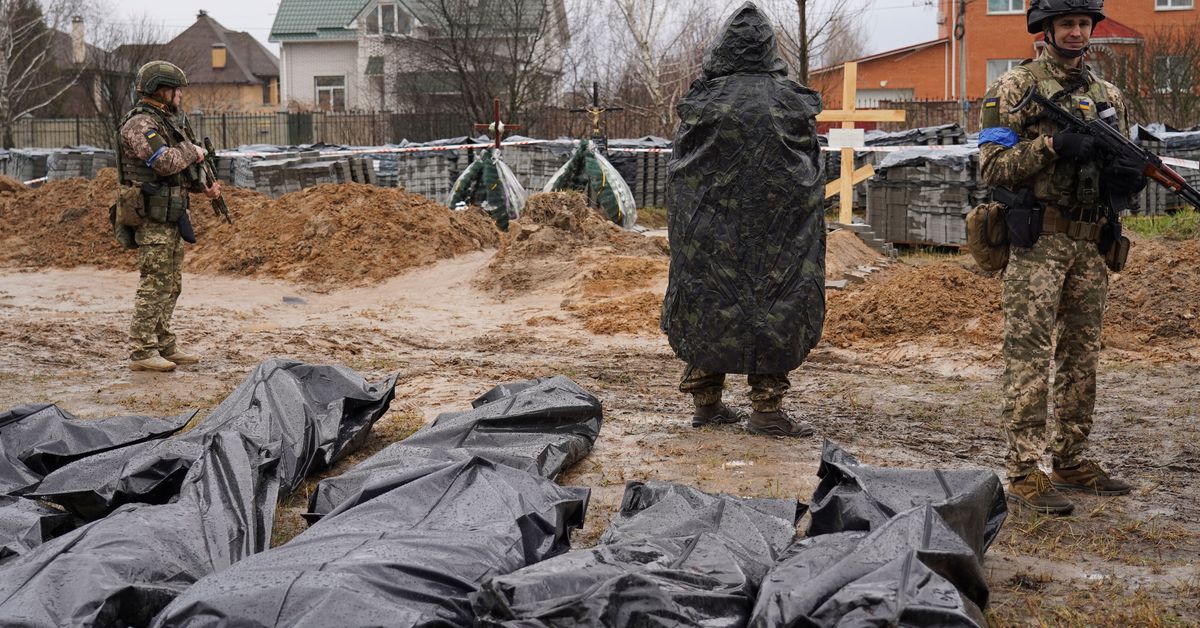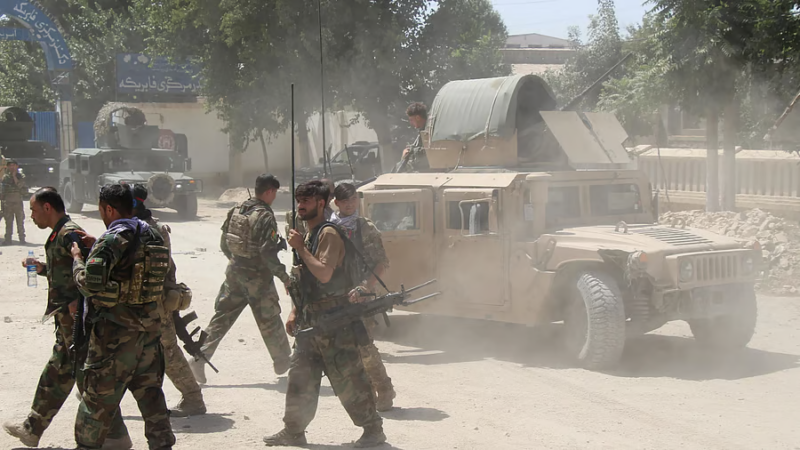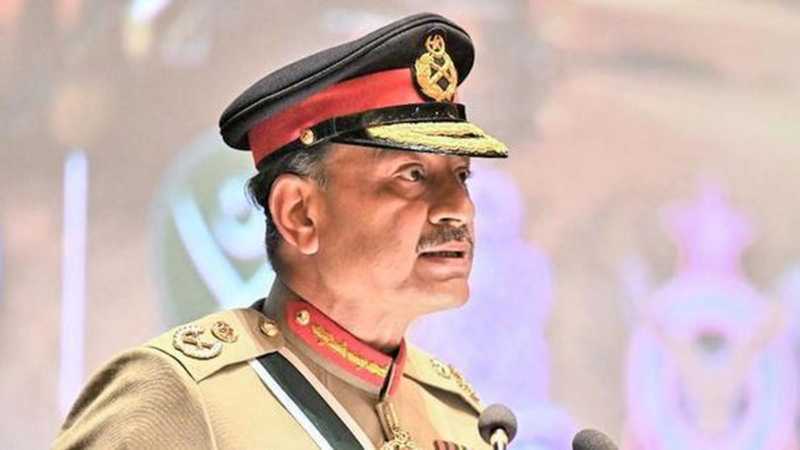Protest against the attack on Afghan Soil by Pakistan

Afghan diplomatic missions run by former government officials in a joint statement condemned Pakistan’s airstrikes on Afghan soil and asked the UN Security Council to take action against Pakistan.
“The Pakistan airstrikes on Afghanistan are obvious acts of aggression and a crime against humanity—in which civilian and innocent people were targeted. It underestimates … the Taliban as well,” said Noorullah Raghi, a former diplomat.
However, the Islamic Emirate said that the issue will be pursued through diplomatic channels.
“We will defend our soil and will not allow such actions to happen again, and we should find a diplomatic solution to this,” said Islamic Emirate spokesman Zabiullah Mujahid.
The Pakistan Ministry of Foreign Affairs said in a statement that Pakistan territory is being attacked by “terrorists” harbored along the Durand Line.
But the Islamic emirate denied this and said that Afghan territory is not being used against any other country.
4. Is there any trap by Imran Khan for new government in Pakistan
ISLAMABAD: The huge oil subsidy is a major cause of concern for the new government, which is finding it hard to undo the capping of the oil price and end the subsidy on oil. If the subsidy continues and the government does not raise the oil price, it will cost the country even more than the defence budget.
No budgeting could possibly be done with an over Rs150 billion subsidy on oil alone, the source said, adding that if the oil price is raised as per international market rates, the price of petroleum products would shoot up in the country, inviting strong public reaction. For the new government, it’s like being between the devil and the deep blue sea.
“We are praying for an early decline in the international oil price,” the source said, warning that the IMF would never accept such a huge subsidy on oil. He said that everybody knows that the IMF programme is a must to get the country out of the present economic mess.
When approached, former Prime Minister Shahid Khaqan Abbasi, who is said to have briefed Prime Minister Shehbaz Sharif on the oil-related financial crisis, told The News that petrol costs the government Rs171 per litre whereas it is sold at around Rs150 per litre. Diesel costs the government around Rs196 per litre but is sold at Rs144 per litre.
Abbasi said that as per the commitment of the Imran Khan government with the IMF, the price of petrol per litre needs to be Rs235 whereas the government is bound to increase the diesel price to Rs264 per litre. Abbasi said that no country could afford to pay such a big subsidy on oil products.
It is still not clear how the government would tackle this problem, but the petrol price problem is considered the most pressing issue left by the Imran Khan administration for the Shehbaz Sharif government. It is believed that the present government would have to raise the price of oil products incrementally. Increasing petrol prices mean a more severe price hike and more inflation. This will badly hurt the popularity of the incumbent prime minister and the PML-N in particular, which in return would benefit the PTI and Imran Khan.
Imran Khan’s finance minister Shaukat Tareen when approached said that nothing unwise was done by the then government to cap oil prices till next budget. He explained that the finance ministry had reallocated resources from different heads to generate around Rs456 billion to subsidize oil prices till June this year.
He admitted that international oil prices shot up more than what was expected but he said that it was all manageable. He said that the government initially wanted to give a targeted oil subsidy but there was no mechanism available to make this possible. Therefore, it was decided to give the oil subsidy across the board.






